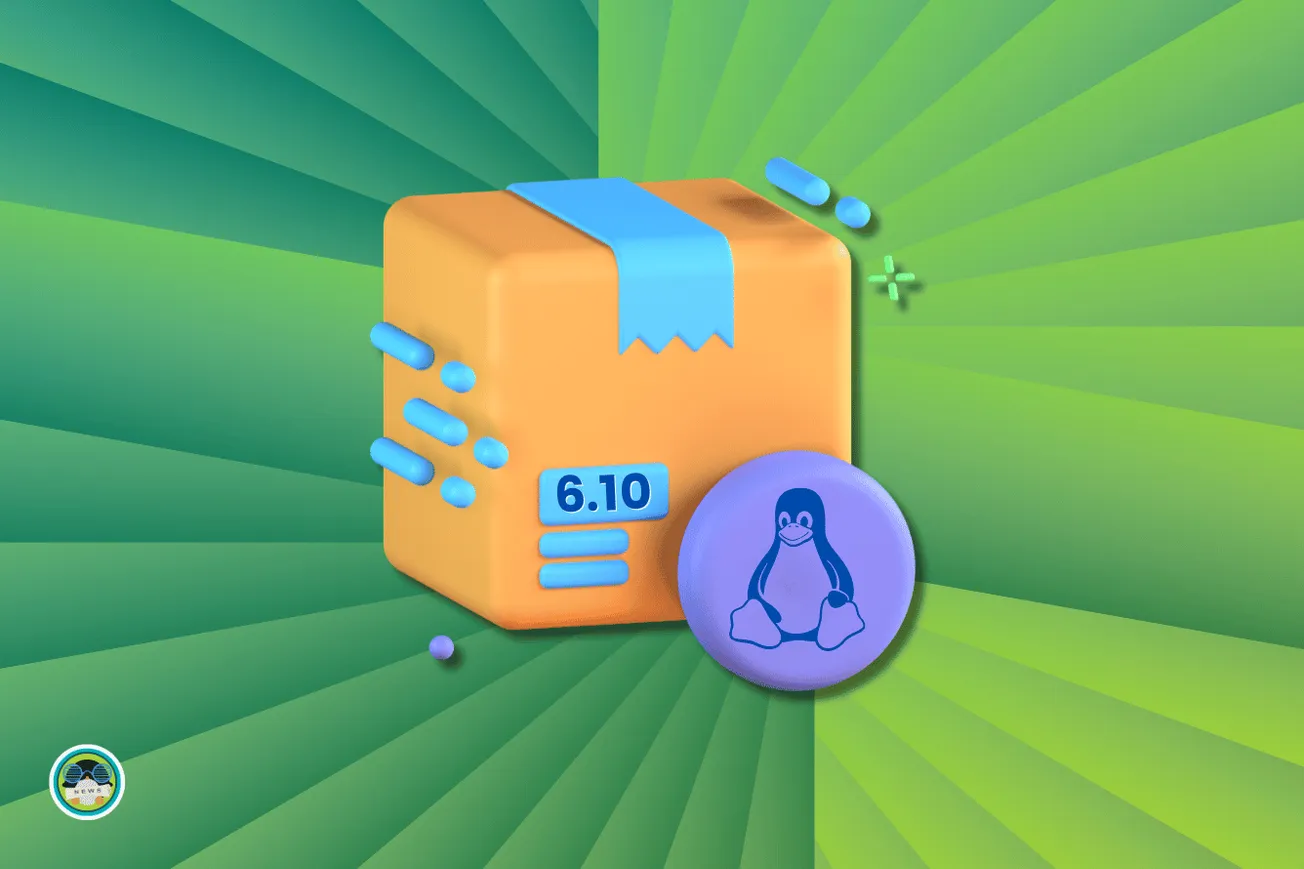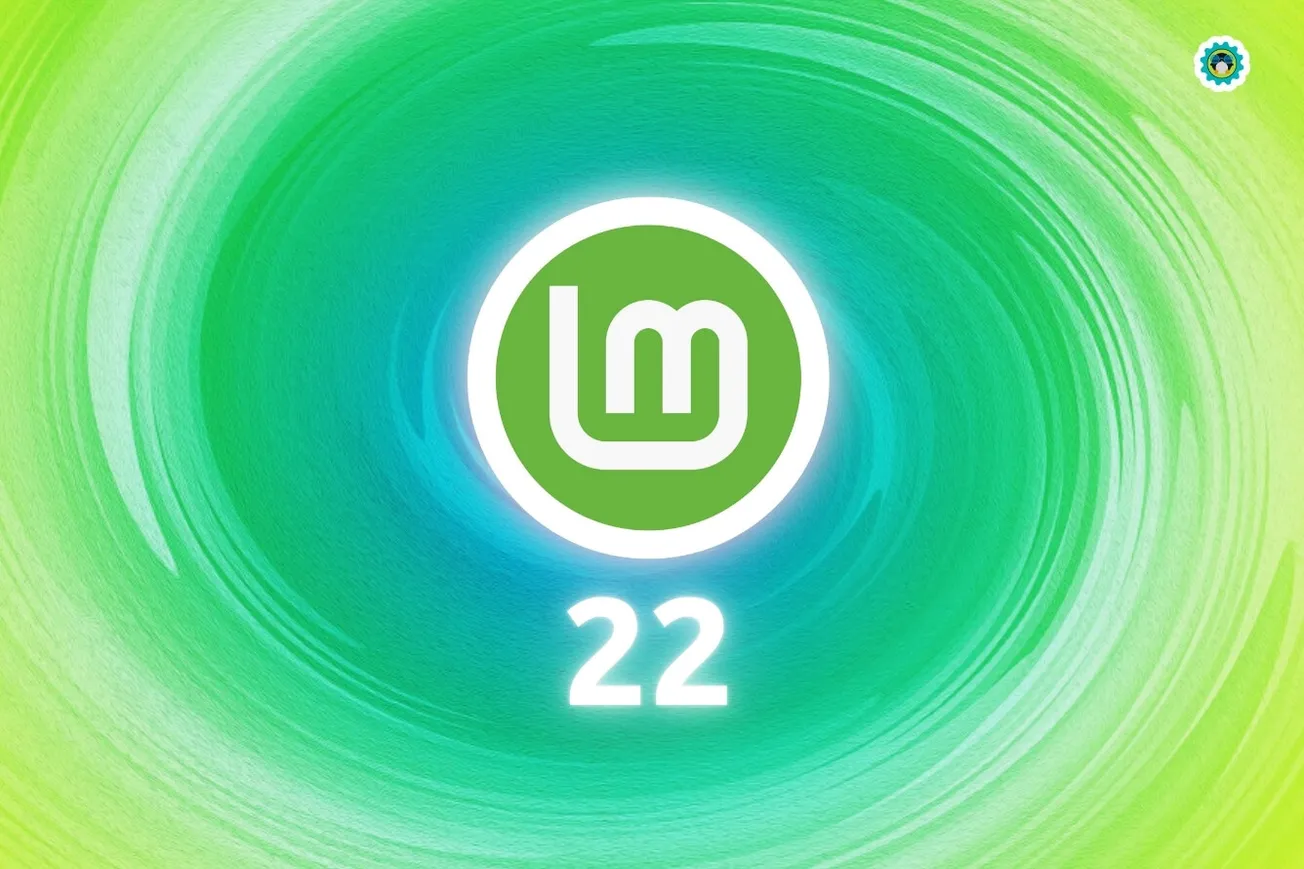
Linux Kernel 5.10 was the last kernel release of 2020. It is a long term support release.
There are no hard and fast rules for the lifespan of a kernel release. A normal kernel is maintained by the kernel maintainers for 3-4 months. An LTS release on the other hand gets around 2 years of support usually.
But since there are too much on the stake, at times, LTS release get extended support as well. Take Linux kernel 5.4 for instance. It will be supported for 6 years primarily for Android devices.
The kernel maintainers may decide to go for the additional years for the LTS version if contributing developers demand and support it.
Recently, Greg Kroah-Hartman clarified the maintenance status for Linux Kernel 5.10 LTS when an engineer from Broadcom raised a concern about 2 years support for Kernel 5.10 in the mailing list.
Linux Kernel 5.10 LTS Supported for 2 Years Only
As of now, Linux Kernel 5.10 LTS will be supported until 2022. Even though some believe that 2 years is a very short time for a Long-Term Release, Greg disagrees by mentioning:
Not true at all, a “normal” stable kernel is dropped after the next release happens, making their lifespan about 4 months long. 2 years is much longer than 4 months, so it still is a “long term supported” kernel in contrast, correct?
Makes sense, right? But, what was different for Linux Kernel 5.4 that it is supported until 2025 when compared to Linux Kernel 5.10?
Linux Kernel 5.10 LTS is also set to be the default kernel for Debian 11 “Bullseye” and Google’s next Android release is also going to be utilizing it.
So, why can’t it be maintained for the next 6 years?
Well, it looks like, not enough companies have committed to help for the maintenance and testing of Linux Kernel 5.10 compared to 5.4.
So, without any proper resources to support its maintenance over the years for various devices and systems, how can we expect Greg to keep working on it?
That’s what he had to say about it:
Because, 5.4 almost did not become “6 years” of support from me. That was because in the beginning, no one said they were going to use it in their devices and offer me help in testing and backporting. Only when I knew for sure that we had people helping this out did I change the date on kernel.org. So far the jury is still out for 5.10, are you willing to help with this? If not, why are you willing to hope that others are going to do your work for you? I am talking to some companies, but am not willing to commit to anything in public just yet, because no one has committed to me yet. What would you do if you were in my situation?
Greg also hints that Linux Kernel 5.10 can be supported for more than 2 years only if enough companies commit their resources to help achieve that.
Of course, if someone expects a long-term support for Linux Kernel 5.10 for about 6 years, they should definitely play a vital role to help while supporting their devices and systems.
What do you think about it? Do you want Linux Kernel 5.10 to be maintained for 6 years? Feel free to share your thoughts in the comments down below.
More from It's FOSS...
- Support us by opting for It's FOSS Plus membership.
- Join our community forum.
- 📩 Stay updated with the latest on Linux and Open Source. Get our weekly Newsletter.








